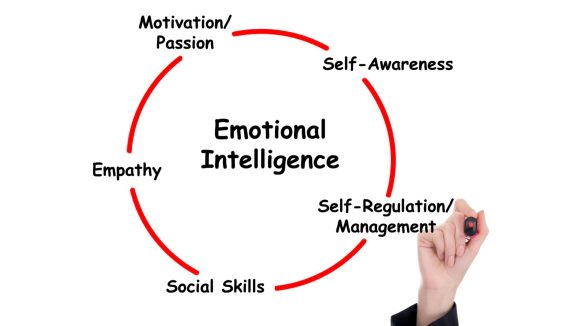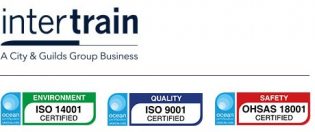A laudable trend arising in Universities within our region, and indeed elsewhere, is the engagement of professional services for the provision of Coaching, Mentoring, and Leadership and Management training. In itself this trend is an acknowledgement that where Universities excel in academic delivery (naturally), they find themselves wanting in the provision of internal vocational training.
Alternative Partnership is currently working with a University in the West Yorkshire region in the delivery of Coaching for professionals, and hopes to be working in partnership with another in the region shortly.
We have been coaching individuals in the top professional rank at this University. The decision to take on a management coach is by its very nature a statement that there is a need for change in the way things are done. Within this process, the first step recognises that things could be done in different ways to help achieve professional and personal goals. These first steps are also important as they inform how the professional being coached comes to the table of learning: because they have to or because they want to. Naturally, this affects the coaching process and its subsequent success or failure.
It is no disgrace to accept that help is needed in our work based role. Indeed, most authorities would say it is a strength and one that shows maturity. One of the coaching methods employed by our training consultants is the 360 Degree Review process. The purpose behind having a 360 Degree Review is to establish objectively the management skills gap. Naturally this can be done subjectively from the perspective of the individual being coached, but, to paraphrase Robert Burns, ‘we never see ourselves as others see us’, and that perspective is crucial as most management is about interacting with others in some way.
Given that the 360 Degree Review process is quite literally that- a scan of the individuals in a hierarchical way – everybody else sees the person from their own very specific perspective, which is a product of that person’s relationship with the individual being coached and their place in the hierarchy. As most business and organisational cultures revere role, people respond differently to someone who they perceive as having more power than them. Consequently, people are treated differently because of this and this comes out in the review responses. It is often called seeing through a ‘lens’; and that ‘lens’ is a product of many variables in relationship terms.
Many people when confronted with 360 Degree Review feedback or information often seek to know who said what and, as the previous comment indicated, the reason for that is self-evident (apart from a desire to ‘get even’ perhaps), usually it does not help the process of learning. The 360 Degree Review is a confidential process and so the information will not be given anyway, but it is also due to this factor that no area of improvement will be brought into the feedback process unless it is something that a majority of people in the review commented upon.
The Review looks at the following areas:
- Communication
- Availability to others
- Emotional intelligence
- Decision making
- Relationships with staff
- Team and external business partners
Within these areas there are obvious sub issues that are revealed, for example time management and meeting management. Each section has six scores running from ‘excellent’ through to ‘very low’ and again weighting towards one end or the other it is that which is sought out and developed. The review also asks what the candidate does that reviewers wish them to continue to do, what the candidate should consider doing, and what the candidate should stop doing. These perspectives together with the numerical assessments usually give a picture of the individual concerned and this is more valuable than a statistical score as it informs the person, and from this emanates areas for action.












